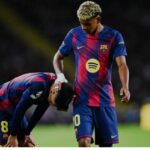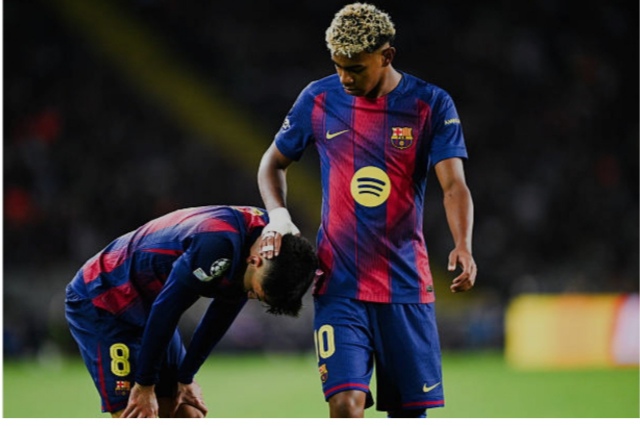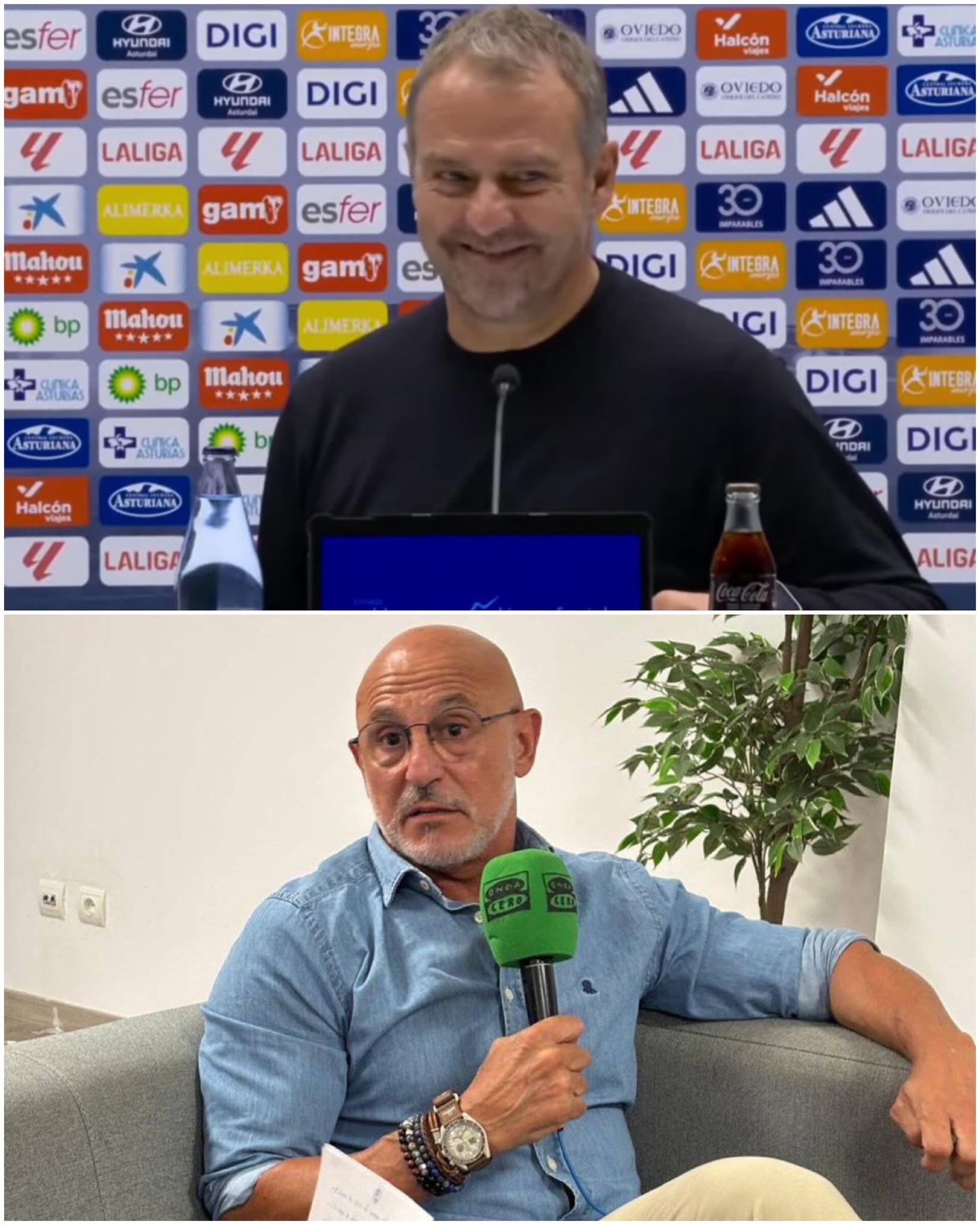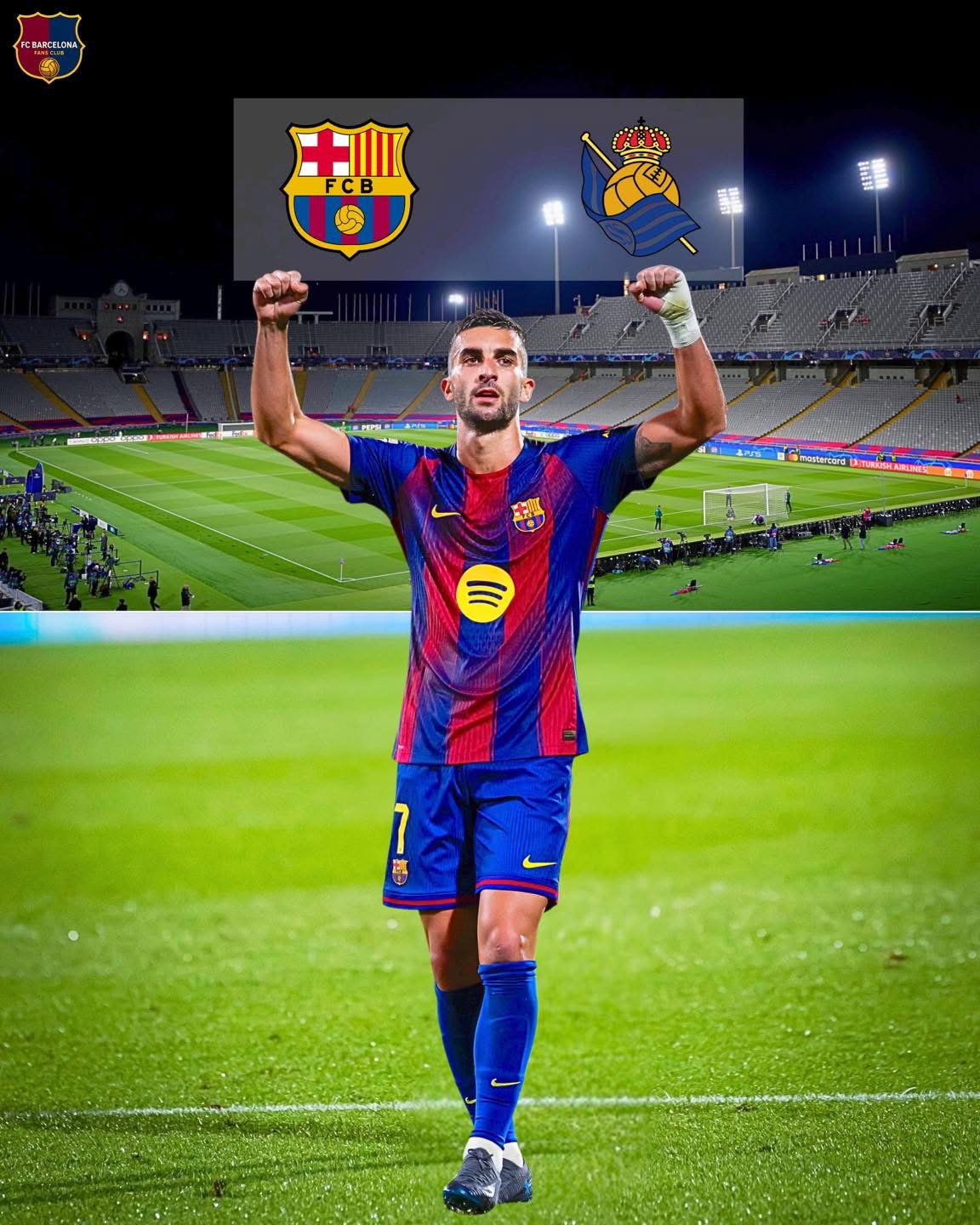a cheerful smile, stunning photos, and the happiness he brings to those around him. But behind those bright moments lies a quiet struggle—one his family has faced with remarkable strength, grace, and deep love.
In a candid update, Isaac’s mum, Melissa, has spoken openly for the first time about the more difficult reality behind the scenes. “I’ve always tried to focus on the positives,” she says, “but I think it’s important that people also understand what we go through as a family.”
About a year ago, Melissa and her family attended a pivotal Multi-Disciplinary Team (MDT) meeting at Alder Hey Children’s Hospital. Fifteen healthcare professionals gathered to evaluate Isaac’s progress and address his complex medical needs. It was during this meeting that the family received news that would profoundly affect them.
Doctors revealed they were 99.9% sure that Isaac had a condition called Craniosynostosis—something Melissa had never heard of before. “It was a huge shock,” she recalls. “We had no idea what it was.”
Further examination revealed even more surprises. Isaac was missing a collarbone, a detail the family hadn’t previously been told. More concerning was the fact that the fontanelle, the soft spot on his skull, hadn’t closed as it should have by his age—a serious red flag.
These discoveries came on top of ongoing issues—breathing challenges, dental complications, hearing loss, short stature, and global developmental delays. “The hardest part is that many of these symptoms overlap with his existing diagnosis of Wolf-Hirschhorn Syndrome,” Melissa explains. “So we always thought it was just that.”
Although the doctors felt confident in their assessment, they chose not to confirm it immediately with genetic testing. “They didn’t want to subject Isaac to more stress than he’s already been through,” Melissa shared. The tests will be done later as part of routine blood work, but the weight of the likely diagnosis has already made a significant impact on the family.
Melissa’s update goes beyond medical facts—it’s a reflection of honesty, vulnerability, and the strength it takes to share the harder parts of their journey. “Isaac is still smiling and still brings us joy,” she says. “But there’s another side to it—one filled with pain, uncertainty, and ongoing challenges.”
Her willingness to share this story is a powerful reminder to look deeper, show empathy, and understand that a smile doesn’t always reveal the full picture










